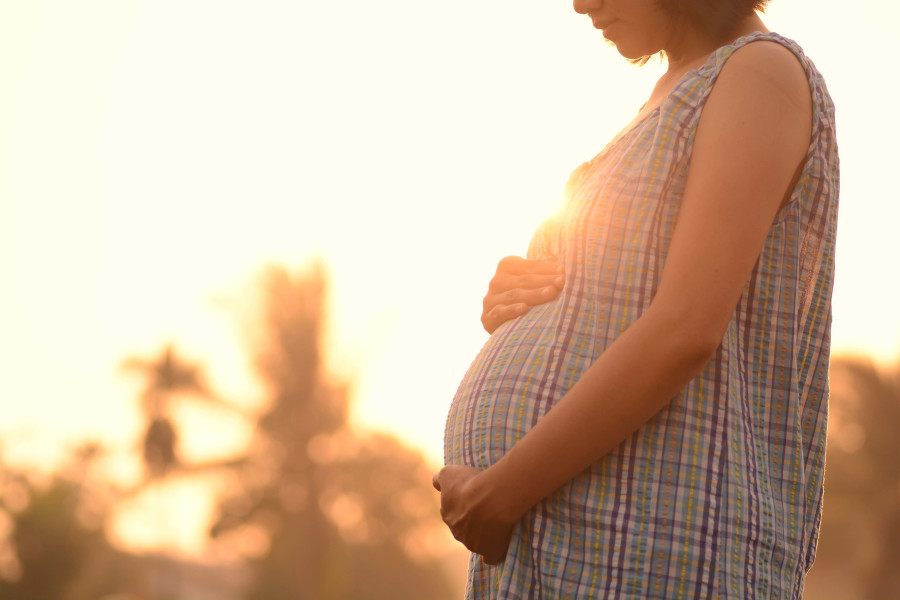If you are pregnant and over age 35, you are not alone. In the past 30 years, the number of women having babies over age 35 has boomed. In fact, close to one out of five babies delivered today are born to women over 35. Times have changed. Thirty-five just does not seem very old these days.
But if you are pregnant and over 35, prepare to be labeled. You are now a woman of advanced maternal age (AMA) and a high-risk pregnancy. Does that sound scary? It does to a lot of older women. Studies show that one of the most common risks of being labeled a high-risk pregnancy is the fear and anxiety produced by the label.
What Are the Risks?
As you get older, it gets harder to get pregnant. After 35 your start running out of eggs. Unlike sperm in men, women have a limited number. If you do get pregnant, you do have a higher statistical risk than younger women for problems that include:
- Preterm (early) birth
- A low birth weight baby
- A baby with a genetic defect (especially Down’s Syndrome)
- Cesarean section
Because of these risks, you OB caregiver will treat you with special care. You may be told that it is extra important for you to get good pre-natal care and to take good care of yourself. You will be offered options for genetic testing to pick up any genetic defects early. This is all good advice. You are at higher risk. But how risky is this high risk?
Putting AMA in Perspective
One of the biggest fears for women labeled as high risk due to AMA is having a baby with Down’s syndrome. You may have heard that your risk more than doubles after age 35. That’s true, but it helps to get some perspective. The risk at age 30 is 0.1 percent. The risk at 35 is 0.27 percent. The difference is 0.17 percent.
Some recent studies can also help ease your fears. A 2014 study published in the Journal of Clinical Medicine Research compared pregnancy outcomes in women over age 35 and women between 30 and 34. There were 452 women in the study. The researchers compared rates of cesarean section, preterm birth, delivery problems, and problems for babies. They found no significant differences between the two groups.
A 2015 study from Finland looked at almost 7,000 pregnancies between 1997 and 2008. The study found that women who were over age 35 and who had other pregnancy risk factors were at higher risk for pregnancy complications. But if they did not have these other risks, being over age 35 did not increase pregnancy complications. In other words, healthy women over age 35 did just as well as health women under age 35. The other risk factors included:
- High blood pressure during pregnancy (pre-eclampsia)
- Diabetes during pregnancy (gestational diabetes)
- Overweight or obesity.
So the bottom line is, be aware of the risk factors of AMA, but don’t panic and don’t be afraid to have a child. With good prenatal care and a healthy lifestyle, you can expect to do just fine.
You may want to read the following related posts in Pregistry’s blog: Delaying Motherhood: It’s a Thing, The Need For Birth Control Doesn’t Necessarily End On Your 45th Birthday, and Becoming a Mother After 50.


